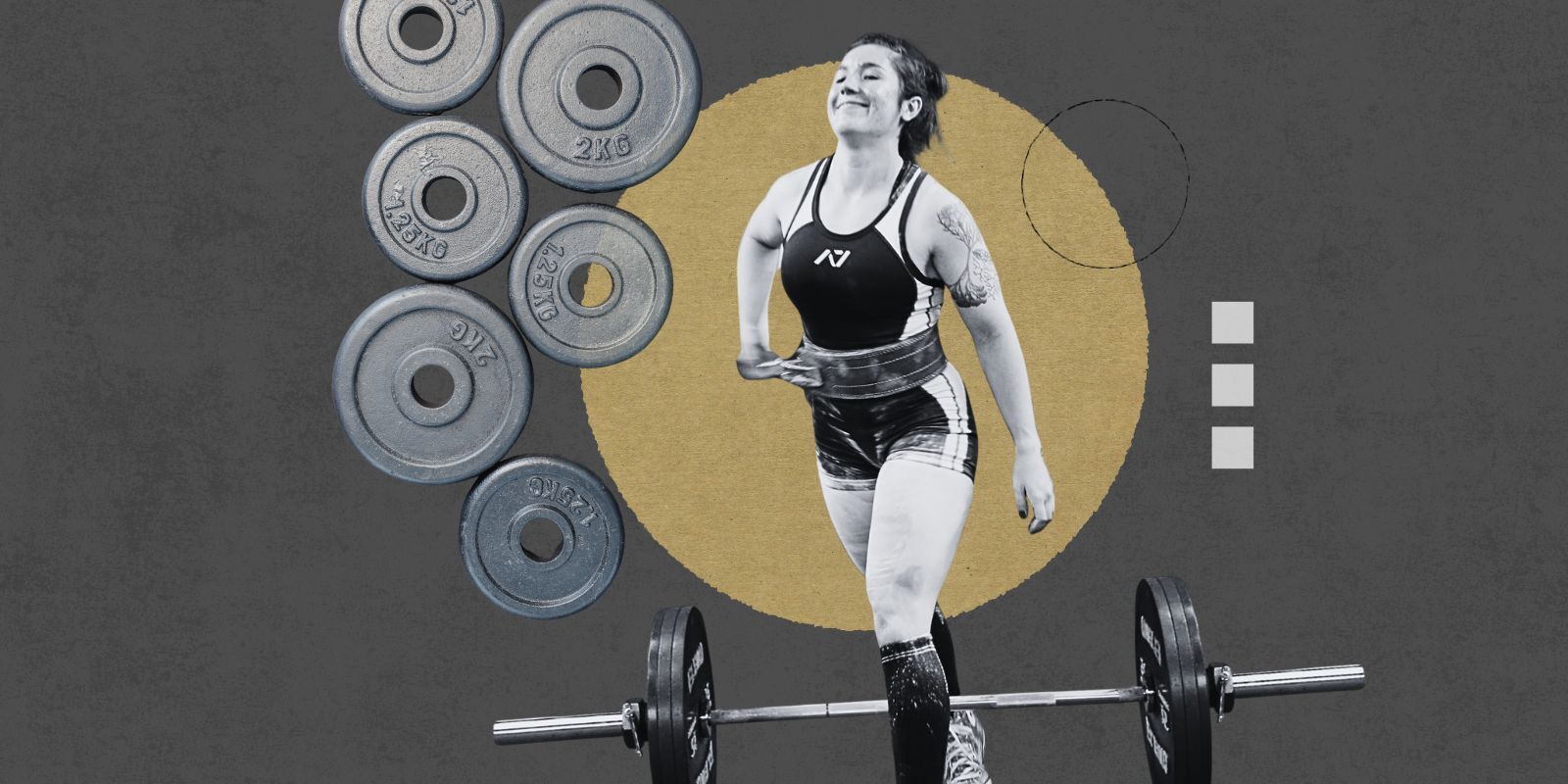What do we know so far about the Omicron variant?
We know that it was first observed in South Africa. There have been other strains in South Africa that looked similar in terms of lineage and turned out to not be anything. So something to keep in mind is that a new variant doesn't necessarily mean that people need to panic. I think the concern about Omicron is that it meets the definition for what the WHO and the CDC call a “variant of concern.”
With all these variants, they put them into two categories: variants of interest and variants of concern. A variant of interest means that it has the potential to mutate or spread faster. It becomes a variant of concern when it has those properties, and they're actually seeing it spread. The next two weeks are the key in terms of really assessing this. In South Africa, it has overtaken Delta as the primary subtype that's being seen. That suggests that it may have the same potential to really spread quickly.
The other piece we don't know is, does it make you sicker? And I don’t know that anybody knows yet. There's some anecdotal evidence that it doesn't, but until you see it in a large population, it's really hard to gauge.
Do you think the alarm is being sounded a little too early? Or is it better to be overly cautious with these variants?
I think it's reasonable. Knowing what Delta did, knowing that we're in the holiday season where people are traveling everywhere, and everybody's gathering, and there's a general kind of “I'm over it” attitude toward a lot of these things, I think that's why some of the messaging is what it is.
What's different about the Omicron variant, compared to the Delta variant?
It's got more mutations in the spike protein, which is why there's some concern about whether or not this means the vaccines will still be effective. The major manufacturers are looking into this, and are doing the lab testing.
Are they looking at updating or changing the vaccines to make them more effective against Omicron?
If there is the need, they can easily do it. But I don't know that we have the need. It's a little premature. If this turns out to be a dominant strain and requires a different vaccine, what will happen is that in a couple of months, we'll have a new version out. And you just get that one.
Does the current COVID-19 test detect for Omicron?
It does. The good news is that it's still similar enough to standard COVID-19 that the PCR tests and the antigen tests that we've been using all along are still available and work just fine.
Are doctors and hospitals doing anything to prepare for this new variant?
Everybody is still preparing for the bump of cases we expect after Thanksgiving and going into Christmas. I don't know that anything's really changed.
How can people protect themselves against the Omicron variant?
We're still promoting the same concepts we know work: vaccination, hand washing, limiting gatherings, wearing masks, all those things that I'm sure everybody has heard, and is probably saying, “Can’t I take a pill and be done with it?” And the answer is no. This is still the way it works.
As you said, there's a sense of indifference or fatigue over COVID-19 in general, but this is not the time to let your guard down.
Correct. This is just a reminder. I don't think people need to panic, but I also think they need to sort of recognize how bad things still are. I understand we’re tired and over it, but the virus doesn't care. It has no consideration for our feelings. It wants to survive. How does it survive? It changes and finds new hosts. It's just the challenging reality we live in.
The news recently is that Colorado is almost out of hospital beds. Is there a concern that if Omicron comes along and is very contagious, that it's going to make that problem even worse?
That is the big concern. That's why the state of New York declared a state of emergency, because this is coming, and it has the potential to overwhelm systems again. We're still in a challenging spot, and it's going to remain challenging.
After every major holiday, we see a spike. We're just hoping that people have gotten their vaccine and are being smart about testing so they don't spread it. The other piece of the equation is that flu cases are definitely becoming more widespread, and we don't want people to forget the flu is out there. We are concerned about people requiring hospitalization for the flu, so when you’re thinking about the COVID-19 vaccine, also think about getting your flu shot if you haven’t already.





